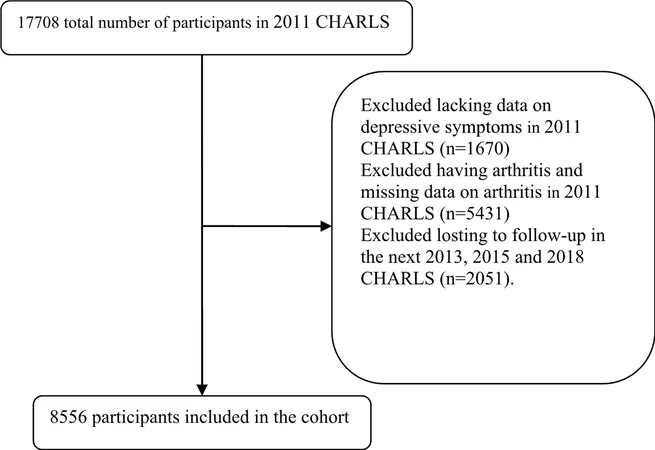
Shocking Decline: Only 16% of Singapore Employers Support Full Remote Work!
2024-11-02
Author: Sarah
SINGAPORE:
A recent survey by EY, dubbed the 2024 Work Reimagined Survey, has unveiled some startling findings regarding remote work in Singapore. The data indicates that merely 16% of employers are now in favor of fully remote work arrangements for knowledge workers, representing a significant drop from a hefty 42% in the previous year.
This comprehensive survey, which drew responses from 17,350 employees and 1,595 employers across 23 countries and 27 industry sectors, reveals a distinct trend in Singapore's workplace culture—a strong inclination toward in-person attendance. A staggering 84% of employers in Singapore prefer that employees spend at least some time in the office.
Despite the decline in support for complete remote working, hybrid models are thriving in Singapore. A robust 76% of employers are currently offering a blend of remote and on-site work, exceeding the global average of 72%. This flexible approach allows knowledge workers in Singapore to enjoy two to four remote workdays each week, marking an increase from the 54% recorded last year, although it still lags behind the global average of 65% in 2023.
What's driving this shift? Employers are primarily motivated by the desire to encourage social interactions and foster collaborative teamwork among their staff. Interestingly, only a tiny fraction—2%—of Singaporean employers insist that knowledge workers remain fully on-site, which is lower than the global average of 5%. This statistic further underscores Singapore's ongoing, albeit cautious, commitment to flexible working arrangements.
The survey also underscores employee preferences, revealing that enhanced remote work or flexible arrangements rank as the second-most crucial factor for those considering new job opportunities. In Singapore, a notable 40% of respondents identified flexible work as a key consideration, aligning with the global percentage yet falling short of the 47% who cite higher salaries as their top priority.
Samir Bedi, EY's Asean People Consulting Leader, commented on these findings, stating, “While many organizations are now encouraging employees to transition back to the office, the results reveal that employers in Singapore remain open to the concept of flexible work arrangements.” He further added, “This ongoing commitment to flexibility is encouraging as we anticipate the rollout of new government guidelines on flexible work arrangements set for December. As organizations navigate these changes, we expect a positive reformation of workplace culture that prioritizes both employee satisfaction and business efficacy.”
As Singapore gears up to adapt to these new guidelines, the future of work is looking increasingly flexible, yet complicated by the ongoing tug-of-war between remote flexibility and the desire for in-person collaboration. What does this mean for employees and employers alike? Stay tuned!



 Brasil (PT)
Brasil (PT)
 Canada (EN)
Canada (EN)
 Chile (ES)
Chile (ES)
 España (ES)
España (ES)
 France (FR)
France (FR)
 Hong Kong (EN)
Hong Kong (EN)
 Italia (IT)
Italia (IT)
 日本 (JA)
日本 (JA)
 Magyarország (HU)
Magyarország (HU)
 Norge (NO)
Norge (NO)
 Polska (PL)
Polska (PL)
 Schweiz (DE)
Schweiz (DE)
 Singapore (EN)
Singapore (EN)
 Sverige (SV)
Sverige (SV)
 Suomi (FI)
Suomi (FI)
 Türkiye (TR)
Türkiye (TR)